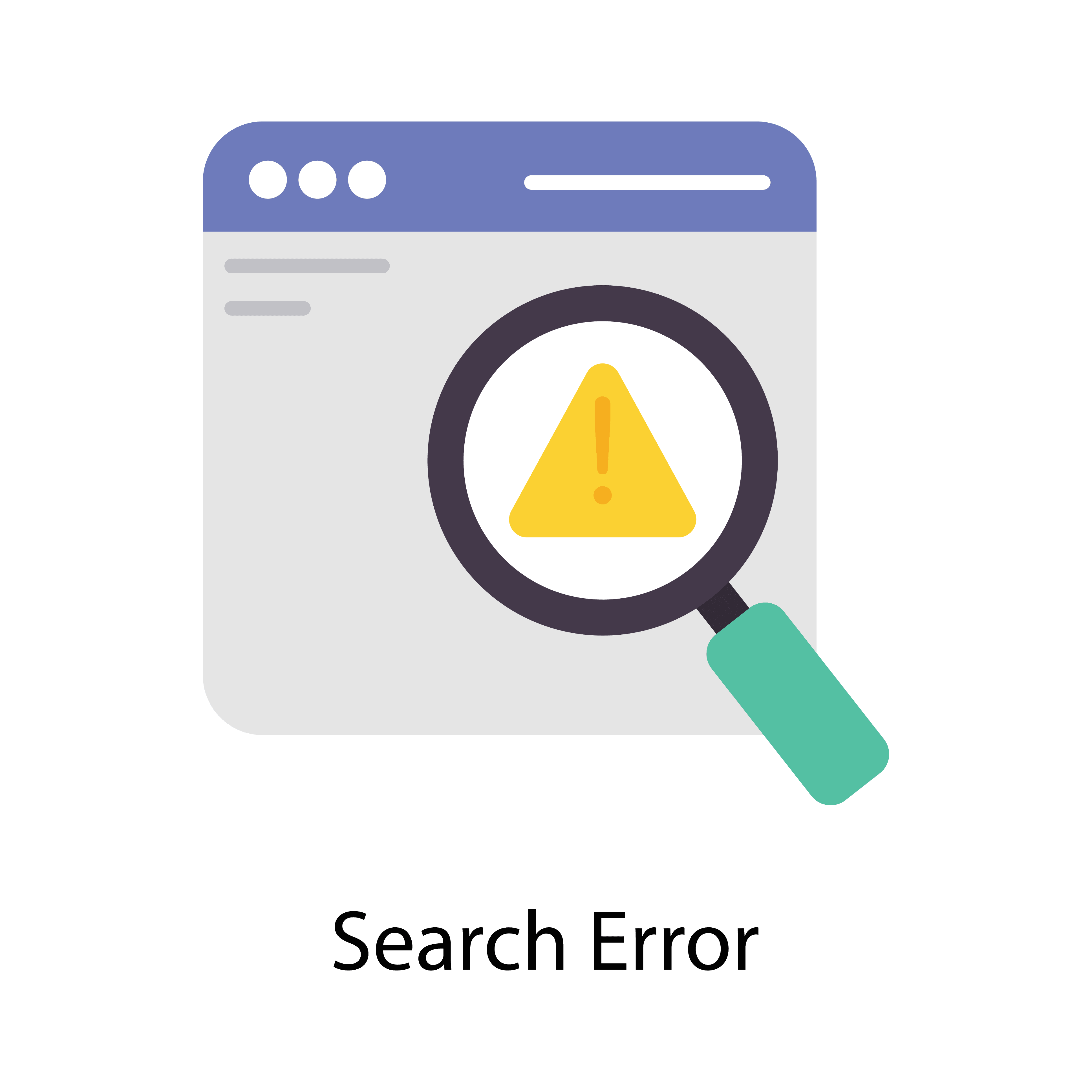Internet Defamation Removal: What You Need to Know

Internet defamation removal is a necessary evil because the internet is both great and terrible.
The great thing about the internet is that it’s an open forum for information and ideas. The terrible thing about the internet is that it’s an open forum for information and ideas…
Because the internet is so unimaginably large, it is very difficult to monitor and manage.
The internet is also often considered an extension of our First Amendment right to free speech. This means people have the right to express negative or even hurtful opinions about businesses or other people.
However, they do not have the right to say intentionally false things about that person of business. That is called libel, slander, or defamation, depending on the circumstances.
And all three are frowned upon legally. Unfortunately, whether or not the negative posts are true, you still have to deal with the fallout for your reputation.
Once a post exists on the internet, it is extremely difficult to delete or fully remove it. There’s a reason people say “once it’s on the internet, it’s there forever.” Even if you remove the original post, there could be shares, retweets, screenshots, archives, and other ways to view it.
So if someone is posting untrue or misleading information about you or your business online, you should act quickly. The more quickly you remove, address, or bury the information, the less likely the reputation damage will be permanent. This is especially true with the proliferation of data broker sites like MyLife, which put your information on display online.
Learn how to perform internet defamation removal step-by-step by reading on.
What Is Internet Defamation?
Internet defamation is the online posting or publication of a statement that is both verifiably false and harmful to your reputation. Defamation has two legal categories:
- Libel (written defamation)
- Slander (spoken defamation)
For instance, if someone tweets that your flower shop is “in cahoots with the mob,” that would be libel. But if someone said the same thing in a YouTube video or TikTok, it would be slander.
Legal Aid for Internet Defamation Removal
If you are the victim of defamation, you are legally entitled to the removal of the content. In some cases, you may also be entitled to legal damages and financial compensation.
However, suing someone is a long legal process during which your reputation is still suffering. And it’s important to remember that you have to know who is posting in order to sue them.
In most cases of internet defamation, anonymous people post behind a pseudonym (username). This makes it very difficult to start the internet defamation removal process.
In these cases, it may be best to address the problem through online reputation management and positive press.
We’ll cover that later on in the article.
Is Google Responsible for Online Defamation?
Google–or any other internet provider–is not legally responsible for anything that is posted to the internet.
In cases of defamation, Google is the amplifier of the libel or slander, not the creator or perpetrator.
Search engines are just algorithms that index what is on the internet and organize it by relevancy for their users.
The ultimate goal of Google is to provide you with the information you want in as few clicks as possible. Algorithms are what determine relevancy and achieve this goal. Relevancy is determined by factors like:
- Recency (how recent is the information/post?)
- Keywords (does the post contain your search terms?)
- Authority (is it from a reliable source?)
- Traffic/Popularity (are other users with similar searches clicking and staying on these posts?)
As an example, say your aforementioned flower shop is accused of being “in cahoots with the mob” on Twitter. This post is untrue and bordering on the absurd, but that’s why it’s interesting.
People start to retweet. Screenshots are taken and posted on Instagram as memes. It ends up on Reddit in the conspiracy and humor threads. Buzzfeed picks it up as a viral story of the week. CNN reports it as a lighthearted fluff piece online…
Now, you have an SEO nightmare.
Google sees the recency, the keywords, the authority (CNN), and the traffic. Now your flower shop’s alleged involvement with the mob is front and center in Google results.
Whether or not it’s true, there it is. And since 94% of all searches happen on Google, it’s the first thing customers see.
You can try to have all the defamatory remarks removed from every Twitter account and every news station. But we can all imagine how well that will go. This is where a step-by-step internet defamation removal process comes in handy.
Internet Defamation Removal Process
1. Identify What Content You Control
You control your social media accounts, blogs, and your own domain. Delete defamatory comments and posts that are under your control.
You do not have control over content like:
- News sites
- Wikipedia
- Blogs owned by someone else
- Another company’s or person’s social
- Review sites
- Legal sites
- Public records
- Shaming sites
Your best bet with these types of publications is to ask politely for a removal, retraction, or amendment. Sometimes they will oblige.
2. Request Removal
The first step in removing online defamation is usually to ask the creator to remove the post.
If you know the person making the post, contact them and politely ask them to take it down. Try DMing them or commenting on the post.
You can have an attorney contact the platform involved if they do not respond. They will ask them to either remove the comment or reveal the identity of the user.
It’s important to note that requesting removal very rarely produces results.
However, it does prove that you are attempting to find a reasonable resolution to the problem.
For instance, if the defamation is taking place in your reviews, responding politely and asking for removal puts your company in a positive light. It also takes away from the legitimacy of their lies.
3. Flag Content that Violates Google’s Terms of Service or the Law
You can flag content on Google if it violates their terms of service or federal law.
While defamation is illegal, it is difficult to prove in most cases. This strategy is most likely to work for the removal of child pornography, revenge porn, and copyrighted content.
Otherwise, Google is unlikely to perform internet defamation removal without a court order.
4. File a Defamation Lawsuit
If you know who is defaming you and they have refused to remove it or stop, you may be able to sue. Filing a defamation lawsuit is usually a long and difficult process.
And there is no guarantee that all of the information will be removed or that your reputation will be repaired.
Remember the flower shop example above? A defamation lawsuit will only target the original content creator. It will not remove the retweets, the Reddit threads, any public records associated with the defamation, etc.
5. Invest in Online Reputation Management
Online defamation removal is a tedious and difficult task in most situations.
And once something is in more than one place on the internet, it becomes borderline impossible.
Fortunately, there are still options open to you.
Remember the discussion about how Google algorithms work? Instead of fighting Google results, you can use those same principles to turn Google to your advantage. Using the right keywords and content strategy, you can bury negative Google results in a sea of positive content.
This is a familiar concept to those of us who work in PR. Often, fighting negative press makes us look guiltier. Think of the most recent celebrity scandal. We bet they denied the claims–that’s why it’s stuck in your memory.
Instead, laugh it off and start building a wall of positive content around you as protection.
The average attention span on the internet is less than eight seconds. Give searchers something positive to look at, and they’ll move on from last week’s drama pretty quickly.
If you don’t have the time or the SEO know-how to perform an internet defamation removal and reputation repair on your own, you can always hire a reputation management company.
And as a leading Reputation Management firm, we specialize in combating negative Google results for both individuals and businesses.
Take control of your online reputation. Contact our Reputation Team to start the internet defamation removal and reputation repair process today!



